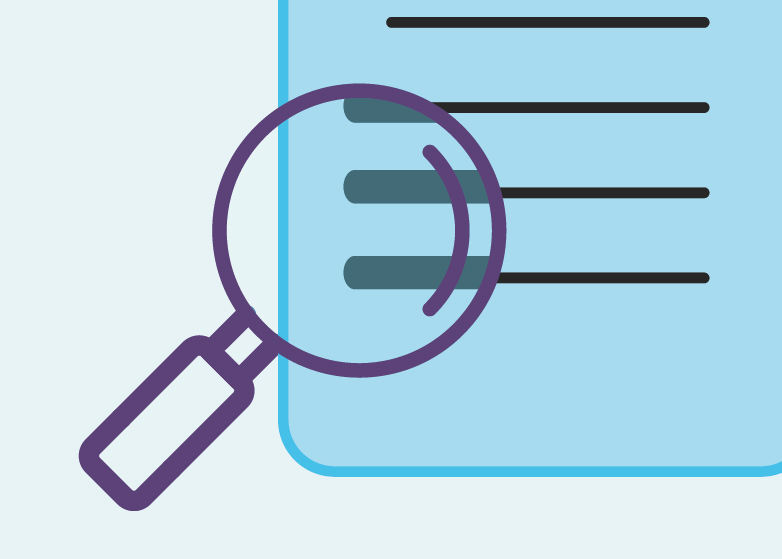Introduction:
The rise of predatory journals poses a significant threat to the integrity of scholarly publishing. These unscrupulous entities exploit the academic community for financial gain, jeopardizing the credibility of research and tarnishing the reputation of legitimate journals. In this article, we will explore the various strategies and actions that should be taken to address the predatory journal problem, safeguard the academic community, and uphold the standards of scholarly communication.
Raise Awareness and Education:
One of the first steps in combating predatory journals is to raise awareness among researchers, academics, and institutions. Many scholars fall victim to predatory journals due to a lack of awareness about their existence and deceptive practices. Educational programs, workshops, and informational campaigns can empower the academic community to recognize the red flags associated with predatory journals.
Institutions should provide clear guidelines to researchers on how to distinguish between legitimate and predatory journals. Training programs that cover ethical publishing practices and the importance of choosing reputable journals can play a crucial role in preventing unwitting submissions to predatory outlets.
Promote Transparency in Journal Practices:
Transparency is key to building trust in the academic publishing process. Legitimate journals should be transparent about their peer-review processes, editorial boards, publication fees, and indexing status. Initiatives such as the Committee on Publication Ethics (COPE) guidelines emphasize the importance of transparency in scholarly publishing.
Journals should clearly state their review and publication processes on their websites, providing authors with a comprehensive understanding of what to expect. Clear communication helps authors make informed decisions about where to submit their work, reducing the likelihood of falling prey to predatory journals.
Establish and Adhere to Clear Publication Standards:
Journal publishers, both traditional and open-access, should establish and adhere to clear publication standards. These standards should include robust peer-review processes, ethical guidelines for authors, and transparent editorial policies. Adopting and enforcing high-quality standards can deter predatory practices and signal to the academic community that the journal is committed to maintaining integrity.
In addition, publishers should establish ethical guidelines for editors, reviewers, and authors to ensure that all parties involved in the publishing process uphold the highest standards of academic conduct.
Collaborate with Reputable Indexing Services:
Journals seeking legitimacy should actively collaborate with reputable indexing services and databases, such as PubMed, Scopus, and Web of Science. Being indexed in well-established databases adds credibility to a journal and serves as an indicator of its adherence to quality standards.
Researchers and authors, in turn, should verify a journal’s indexing status before submitting their work. Journals that lack legitimate indexing are more likely to engage in predatory practices, and researchers should exercise caution when considering such publications.
Support Initiatives to Blacklist Predatory Journals:
The academic community should actively support and contribute to initiatives that maintain blacklists of predatory journals. Organizations, universities, and researchers can share information about identified predatory journals to create a comprehensive and widely accessible database.
Blacklists serve as valuable resources for researchers seeking to avoid predatory journals. Journals that appear on these lists may face increased scrutiny and reduced credibility, discouraging potential authors from submitting their work.
Legal Measures and Accountability:
In extreme cases, legal measures may be necessary to curb the activities of predatory journals. Governments, regulatory bodies, and legal authorities should explore avenues to hold such entities accountable for their deceptive practices. Legal actions can include fines, cease-and-desist orders, and other penalties to deter the operation of predatory journals.
Additionally, institutions and researchers should report instances of predatory behavior to relevant authorities, providing evidence to support investigations. Transparency in legal proceedings can send a strong message that fraudulent practices in scholarly publishing will not be tolerated.
Engage in Collaborative Research Ethics:
The academic community should foster a culture of research ethics by promoting collaboration and communication among researchers, institutions, and publishers. Ethical research conduct is essential for maintaining the integrity of the scholarly ecosystem.
Researchers should adhere to ethical guidelines, report misconduct, and collaborate with peers to promote accountability. Institutions should establish research ethics committees to investigate and address allegations of misconduct, fostering an environment where ethical conduct is prioritized.
Encourage Responsible Authorship:
Authors play a crucial role in the fight against predatory journals. Researchers should conduct due diligence before submitting their work, carefully evaluating the reputation and practices of the journals they consider. Responsible authorship includes selecting journals with legitimate peer-review processes, high editorial standards, and transparent publication practices.
Institutions should guide researchers on responsible authorship, emphasizing the importance of contributing to reputable journals that uphold ethical standards. Encouraging responsible authorship is a proactive step in preventing predatory journals from gaining a foothold in the academic community.
Conclusion:
The presence of predatory journals in the scholarly publishing landscape requires a multi-faceted and collaborative approach to address effectively. By raising awareness, promoting transparency, establishing clear standards, and engaging in legal measures, the academic community can collectively combat predatory practices. Researchers, institutions, and publishers must work together to create an environment where ethical conduct is valued, ensuring that the pursuit of knowledge remains untainted by deceptive and exploitative practices. Through these concerted efforts, the academic community can reclaim the integrity of scholarly publishing and safeguard the credibility of research worldwide.
Editing More than 200,000 Words a Day
Send us Your Manuscript to Further Your Publication.








Is ChatGPT Trustworthy? | Rovedar | Scoop.it says:
ChatGPT vs. Human Editor | Rovedar | Scoop.it says:
Enhancing Your Assignments with ChatGPT | Roved... says: